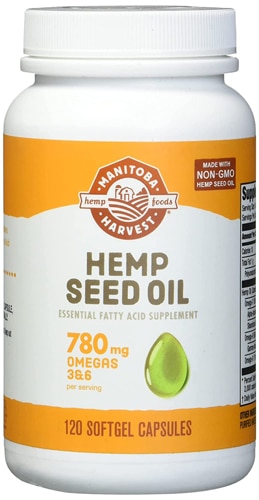For decades, experts have warned us to cut back on hamburgers, say no to bacon and shun steak if we want to live a long, healthful life.
A new study suggests that advice might be all wrong.
Is red meat healthy?
Researchers at two Canadian schools – McMaster University and Dalhousie University – have concluded that cutting back on red meat and processed meat will not significantly boost your health over the long haul.
The researchers analyzed a host of controlled trials and observations in reaching their verdict. In their analysis, they failed to find a strong link between eating meat and increased risk of disease.
So, the study authors now recommend that people simply continue to enjoy red meat and processed meat as they always have.
But is that advice right for you?
Can you safely eat red and processed meat?
Although the researchers’ findings have received a lot of media attention, not everyone agrees with the conclusion that it is safe to eat higher levels of red meat and processed meat.
The American Cancer Society and the American Heart Association are among the organizations that have criticized the study findings.
Lauren Harris-Pincus – a New York City-area registered dietitian nutritionist and founder of NutritionStarringYOU.com – also is skeptical.
She says the study contradicts “a very large body of evidence” linking higher consumption of red meat and processed meat with an increased risk of:
- Type 2 diabetes
- Cardiovascular disease
- Certain types of cancers
- Premature death
Harris-Pincus – who is also author of “The Protein-Packed Breakfast Club” – notes that the World Health Organization even categorizes red meat and processed meat as carcinogens.
“So, telling people to ignore this significant data and eat however much they want is not responsible practice,” she says.
Eating too much meat also can contribute to weight problems. Nearly 72% of Americans ages 20 and older are overweight or obese, according to the Centers for Disease Control and Prevention.
“Our caloric intake is generally in excess of what we need, and most people consume larger portions of protein than is necessary,” Harris-Pincus says.
To make matters worse, people who eat meat tend to skip lean cuts of and instead reach for higher-fat, higher-calorie beef, hot dogs and sausages, she says.
How to eat meat healthfully
Enjoying a few servings of red meat per week is “probably OK,” Harris-Pincus says. The key to eating meat without damaging your health is to choose leaner cuts of meat, and to avoid going overboard.
“The recommended portion is 3 or 4 ounces (of meat) per meal,” she says. “Most people eat at least double that -- especially in restaurants, where it's common to find a half-pound burger.”
So, cut back on the portion of meat and balance your plate with a larger volume of fruit, vegetables and other plant-based foods,” Harris-Pincus says.
“A petit filet mignon with broccoli and a sweet potato is very different than a huge burger with cheese, large fries and soda,” she says.
Grass-fed beef will have a better fatty-acid profile than grain fed beef, Harris-Pincus says. “So, I prefer that if possible,” she adds.
Overall, Harris-Pincus urges people to avoid making meat the centerpiece of their meals.
“Think of meat as the accent instead of the star of the meal,” she says. Build a plate with salad and vegetables, and a fiber-rich carbohydrate like a sweet potato, beans or a whole grain, she adds.
“If you fill up on those items, you will need a smaller portion of meat,” Harris-Pincus says. “Minimize the processing, which brings a ton of salt and saturated fat as well.”




